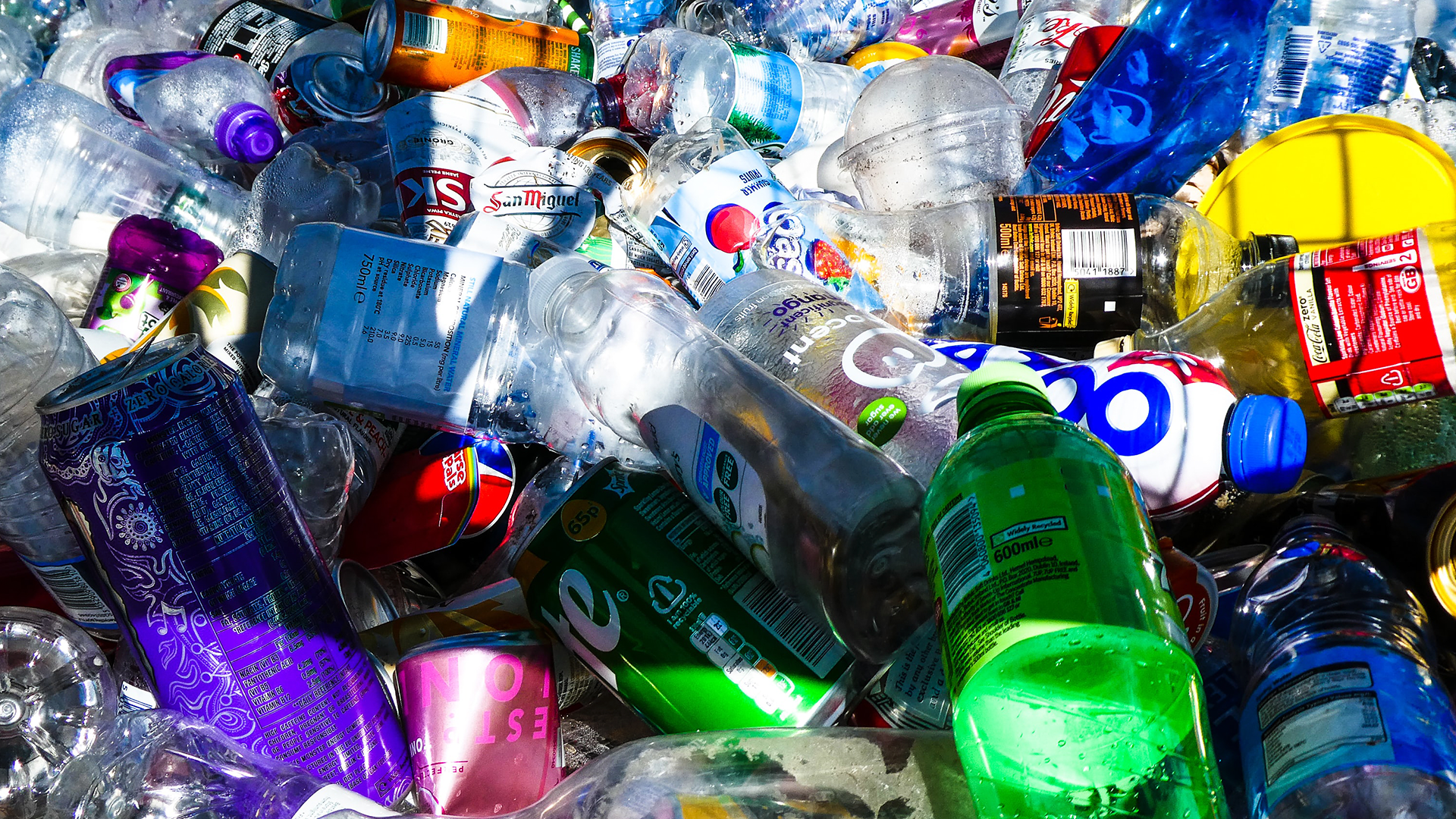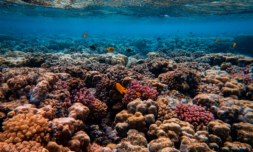A troubling climate report has emerged this week revealing that 20 companies are responsible for producing more than half of the world’s single use plastic waste.
At Thred we’re anything but shy in our condemnation of single use plastics and their continued fuelling of an environmental crisis. As of this week though, we may finally start to get some accountability from those most responsible.
An aggregator firm called the Plastic Waste Makers has revealed the companies liable for mass producing the most single use plastic waste destined for our landfills, oceans, and atmosphere.
From face masks to plastic bags to bottles, this report has outed the top 100 producers of polymers synonymous with single use plastic globally, highlighting each of their contributions to the millions of metric tons that fail to be recycled every year.
Made almost exclusively from fossil fuels – especially fracked gas – both the production and consumption of single use plastics are becoming key drivers of the climate crisis. As some of the hardest items to recycle, a poultry 15% of single use plastic is recycled annually.
What’s the UK government’s plastic policy? Dump it on other countries! Less than 10% of our plastic recycling is actually recycled in the UK.
The rest is sent overseas where it’s often burned or dumped, fuelling health and wildlife emergencies.RT to expose. #Wasteminster 1/5 pic.twitter.com/Jx1IzpRipE
— Greenpeace UK (@GreenpeaceUK) May 17, 2021
The report’s top 20 – which we’ll get to in due course, don’t worry – are said to be responsible for producing 55% of all plastic waste and fall under the brackets of both state-owned and multinational corporations. Mostly comprised of oil/gas giants and chemical companies, the top 100 reportedly accounts for approximately 90% SUP waste.
It’s no exaggeration to say the fate of the world’s plastic disaster quite literally rests in their hands.
Many of the companies we’re about to discuss here aren’t exactly household names anyway, but the backlash they’re to receive from activists and NGO’s definitely won’t be pretty.




















